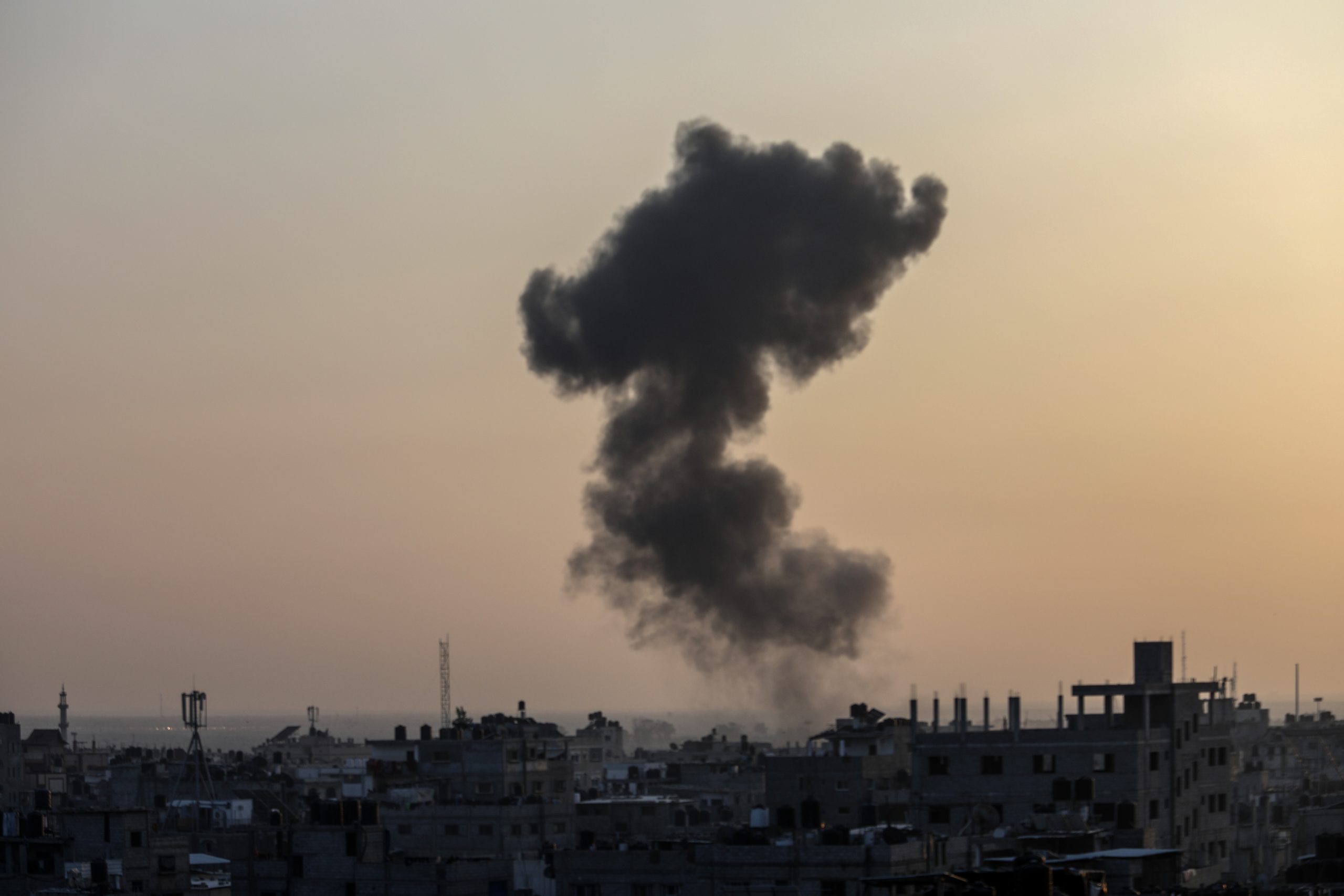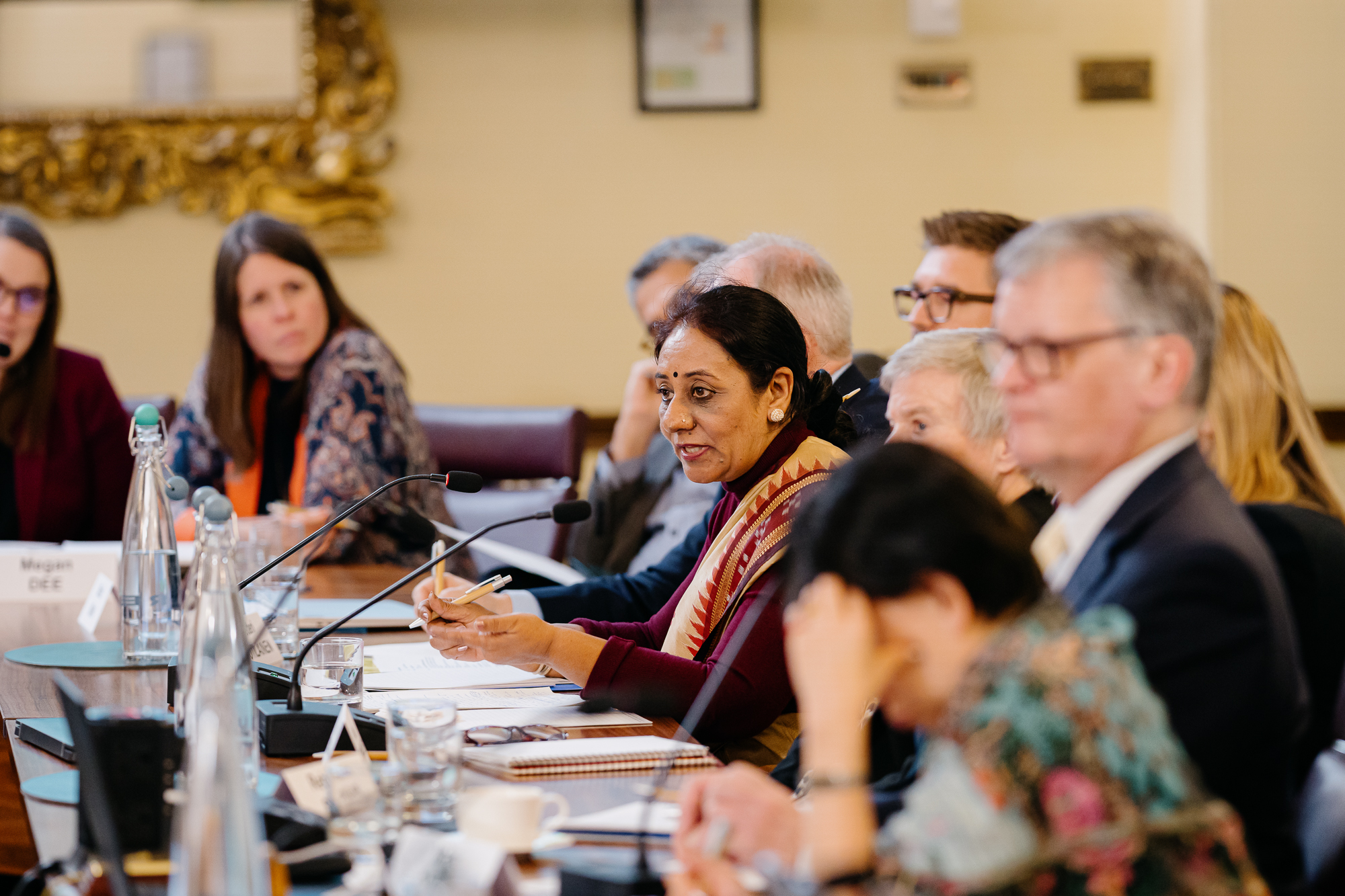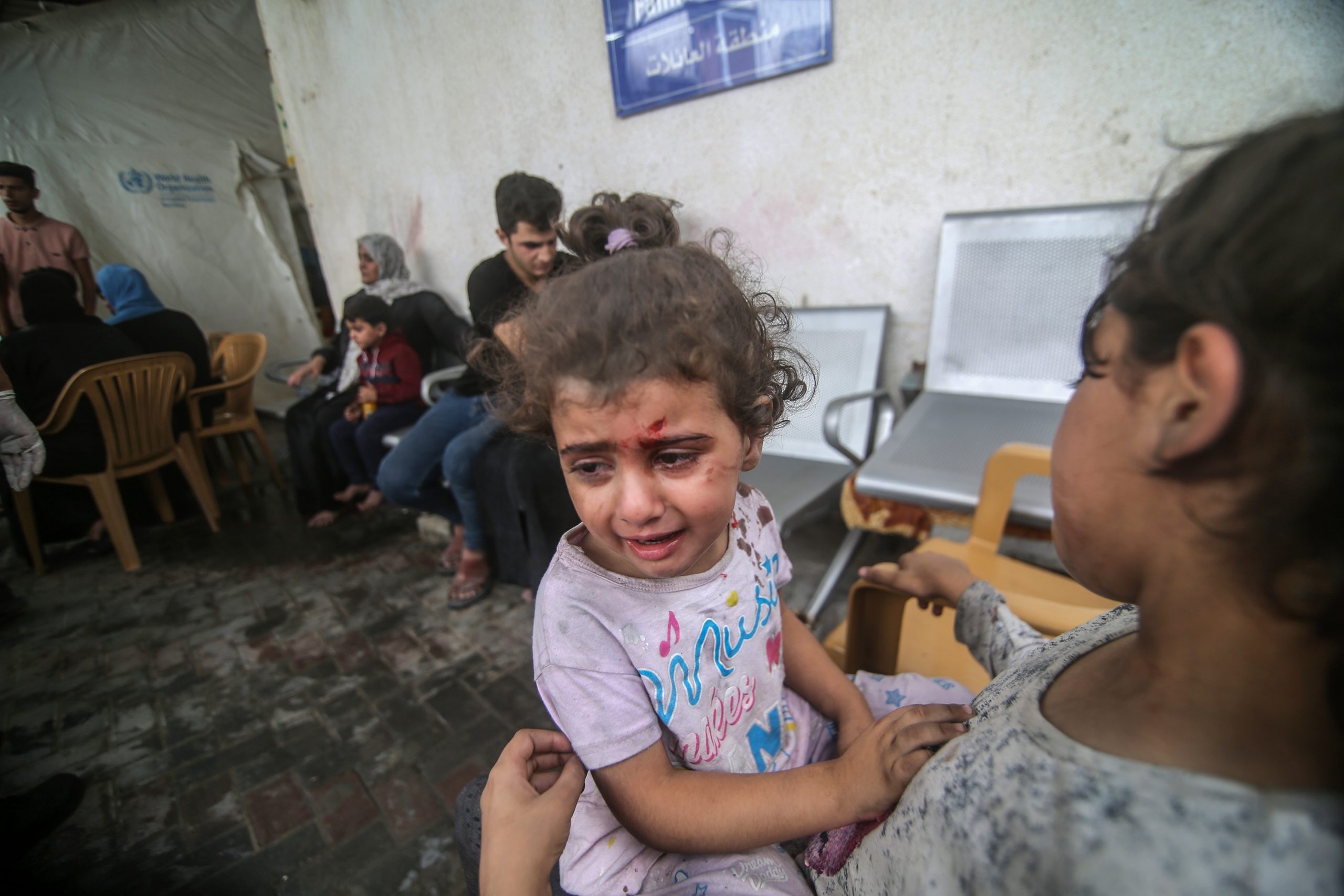This dialogue aimed to examine how the key organisations that contribute to peace and stability in Europe (NATO, EU and OSCE) can work towards deeper practical collaboration to address the broad European security crisis that erupted with the conflict in Ukraine.
At the NATO Wales Summit, NATO, EU, OSCE and Council of Europe leaders met and stressed that dealing with this crisis required deeper collaboration between them, as the challenges raised cut across organisational boundaries and mandates. There is widespread interest in pursuing this dialogue, and this event will build upon the discussions that took place on the margins of the NATO Summit.
Russia’s annexation of Crimea, its insistence on the right to take action on behalf of Russian speaking populations outside of its own borders, and the conflict in eastern Ukraine have created a strong sense of insecurity amongst many states in Europe and Eurasia. Defending the principles of the Helsinki Final Act is critically important. There are ten principles in the Act that have guided security relations between participating states, and should continue to do so. Launching a period of active consultations between these key organisations, focusing especially on conflict prevention and crisis management, would make a valuable contribution to European security.
This dialogue examined how the organisations can collaborate more extensively to promote peace, security, stability and the reduction of tension across the continent, as well as how to work over the longer term towards the reconsolidation of European security as a common project.












